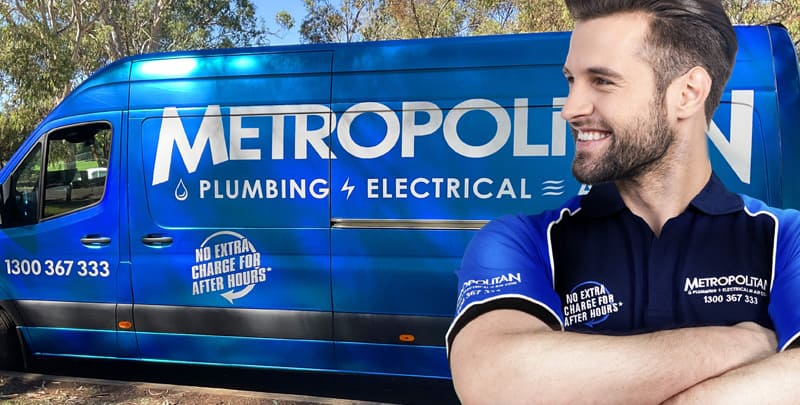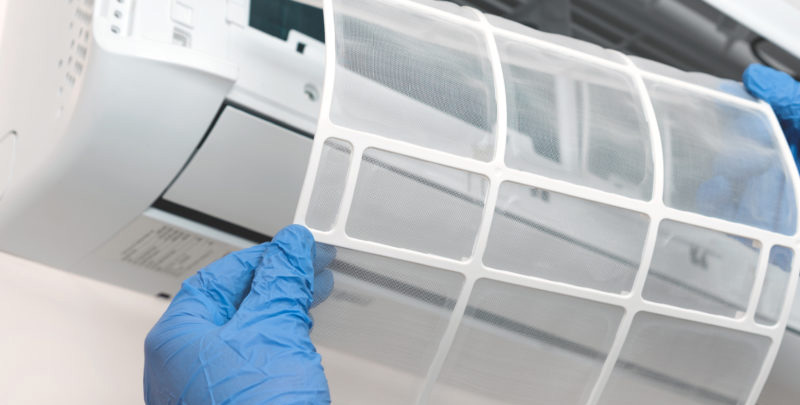
What Happens When You Run an Air Conditioner Without a Filter?
An air conditioner filter is an essential part of any cooling unit. Air conditioners are a relief during long, sweltering summer days, offering a cool respite from the heat.
However, maintaining them properly is essential for their peak performance, and this includes regular filter upkeep.
In this blog post, we’ll delve into the repercussions of operating an air conditioner without an air filter and why this simple component is vital for the smooth operation of your cooling system.
How Air Filters Work
Air filters remove and trap dust, dirt, pollen, pet dander, smoke, and other airborne particles, preventing them from circulating throughout your home.
Air conditioner filters may seem like simple components, but they play a crucial role in keeping your indoor air clean and your cooling system running smoothly. So, how do these filters actually work in a HVAC (heating, ventilation and air conditioning) system?
Imagine your air conditioner as a superhero, and the filter as its trusty sidekick. When warm air from your home is drawn into the HVAC system, it carries along with it a mix of dust, pollen, pet dander and other tiny particles. Here’s where the filter comes into action.
- Physical barrier: The filter is like a fine mesh or a dense net. As the air passes through it, this mesh catches and traps the airborne particles. It’s like a goalie stopping pucks in a hockey game, but in this case, it’s dust and allergens being stopped in their tracks.
- Improving air quality: By trapping these particles, the filter ensures that the air blown back into your home is cleaner and healthier. This is especially important if you have allergies or respiratory issues.
- Protecting your AC: The filter also acts as a shield for your air conditioner’s vital components. Without a filter, those dust and debris particles could clog up the system, making it less efficient and potentially causing damage over time.
In a nutshell, air conditioner filters work by capturing and removing airborne particles, making your indoor air fresher, healthier, and helping your HVAC system operate smoothly. So, don’t underestimate the power of a good filter.

Why Use an Air Conditioner Filter?
Air filters trap dust, pollen, pet dander, and other airborne particles. Without it, you’d be dealing with poor indoor air quality.
They significantly enhance the quality of the air you breathe in your home, turning it into a healthier and more comfortable space.
Aside from improved indoor air quality, here are more reasons to use an air conditioner filter:
- Efficient cooling: A clean system operates more efficiently, cools your home faster, and maintains the desired temperature without straining.
- Consistent cooling performance: A clean and dry air filter prevents issues like reduced airflow and uneven cooling power.
- Preventing mould and mildew: Filters reduce moisture levels within the heater and AC system, which can help prevent the growth of mould and mildew.
- Energy efficiency: An air conditioner without a clean filter works harder and consumes more energy. A clean air conditioner filter reduces energy consumption, helping you save on your electricity bills.
- Protection for AC unit: Filters act as a barrier against dirt and dust, safeguarding the internal components of your AC. This maintenance helps prevent costly repairs and extends the lifespan of your cooling system.
So, there’s a lot more to air conditioner filters than avoiding poor air quality.
The Consequences of Running an AC Without a Filter
There are dire consequences if you choose to run an air conditioner without a filter. The main problems include:
- Diminished cooling efficiency: When it runs without a filter, dust, smoke, and debris accumulate on the evaporator coils. This creates a barrier to the cooling and heat pump that hampers the process. Consequently, your AC must be forced to work harder to get the desired temperature.
- Compromised indoor air quality: Without a filter to capture airborne particles, your home’s indoor air quality will deteriorate. Dust and allergens circulate freely inside, potentially exacerbating allergies and respiratory problems.
- Frozen evaporator coils: After a while, your system’s evaporator coils will become covered in dust, dirt, grim and more. This prevent it from providing the airflow that you need to properly move warm or cool air.
- Health issues: Allergens like pollen and pet dander won’t be filtered out, leading to discomfort and allergic reactions.
- Increased energy bill: An air conditioner that struggles to maintain the desired temperature due to a dirty or missing air filter consumes more energy. Your energy bills will undoubtedly rise as the system strains to cool your home.
- Blocked drain lines: Air filters and vacuums can also help avert the growth of mould and mildew by reducing moisture levels in the AC system. Without the power of a vacuum cleaner and a filter, drain lines can become clogged. This causes water leaks and potential water damage in your home.
- Reduced AC unit lifespan: Dust and debris can infiltrate the AC system and inflict harm on sensitive components such as the blower motor and the heater’s evaporator coil. Neglecting to clean the filter might lead to unnecessary repairs, operational, increase in costs, and a reduced lifespan for your air conditioner.

Maintaining Your Air Conditioner Filters
Cleaning your air conditioner filter is essential for maintaining good indoor air quality and efficient cooling. Follow these steps to clean your AC filter:
- Turn off the AC: Before cleaning, turn off the air conditioner and unplug it for safety.
- Locate the filter: It is usually located behind the front grille or inside a panel on the indoor unit of the AC.
- Remove the filter: Carefully remove the filter from its housing. Some filters can be easily slid out, while others might have screws or clips.
- Inspect the filter: Examine the filter for visible dirt, dust, or debris. If it’s extremely dirty or damaged, consider replacing it with a new one.
- Wash the filter: If your filter is washable, rinse it with lukewarm water. Use a mild detergent if necessary. Gently clean the filter with a soft brush or sponge to remove stubborn dirt.
- Air dry: After washing, let the filter air dry completely. Avoid direct sunlight.
- Replace the filter: Once the filter is dry, reinsert it into the AC unit.
- Turn on the AC: Plug in and turn on your air conditioner. You should notice improved airflow and cooling efficiency with a clean filter.
Regularly cleaning your air conditioner filter, typically once a month during heavy use. This is a simple but effective way to maintain a healthy and efficient cooling system.
Air Filter Problems? Consult a Professional
Using an air conditioner with a filter is a simple and cost-effective way to save money and keep your cooling system running efficiently and your home comfortable.
When dealing with air conditioner filter problems, it’s a wise choice to consult a professional HVAC technician. They can accurately diagnose issues, recommend which filter you should purchase for your specific AC model and size, and prepare proper installation instructions.
For more information contact the air conditioner filter specialists at Metropolitan Air Conditioning. We’re available 24/7, every day of the year.
Please note: This information is provided for advice purposes only. Regulations differ from state to state, so please consult your local authorities or an industry professional before proceeding with any work. See our Terms & Conditions here.
Published: 2023-10-25

































